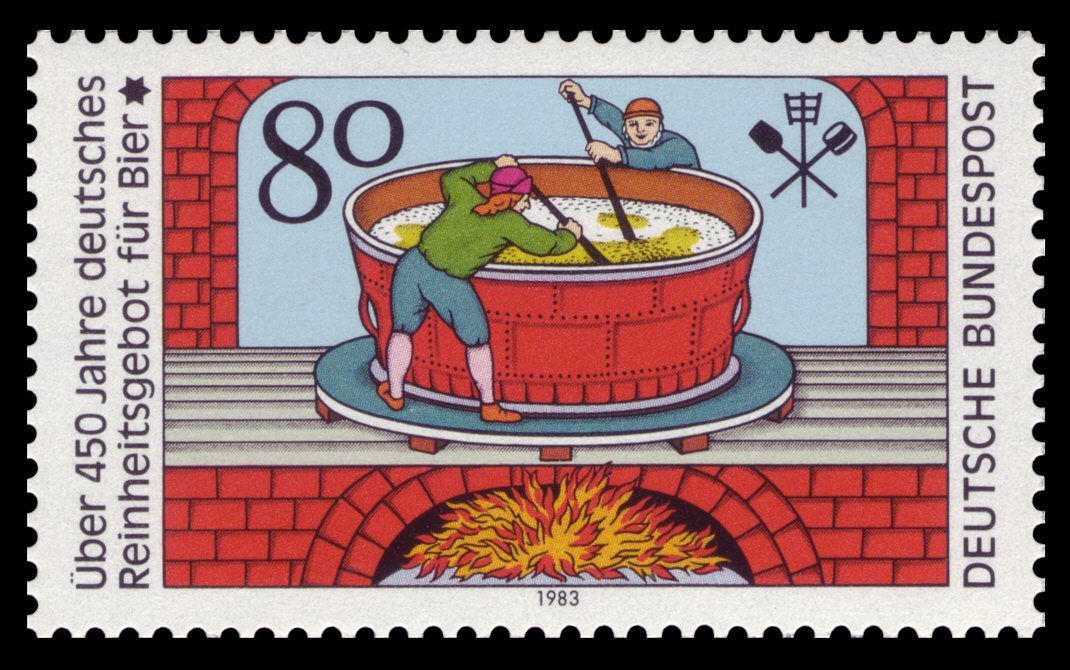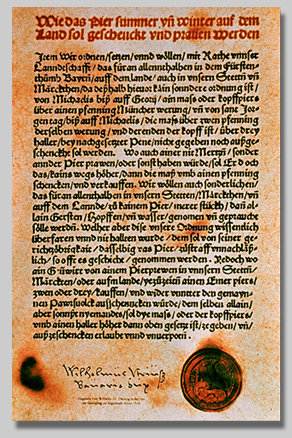Adolescence
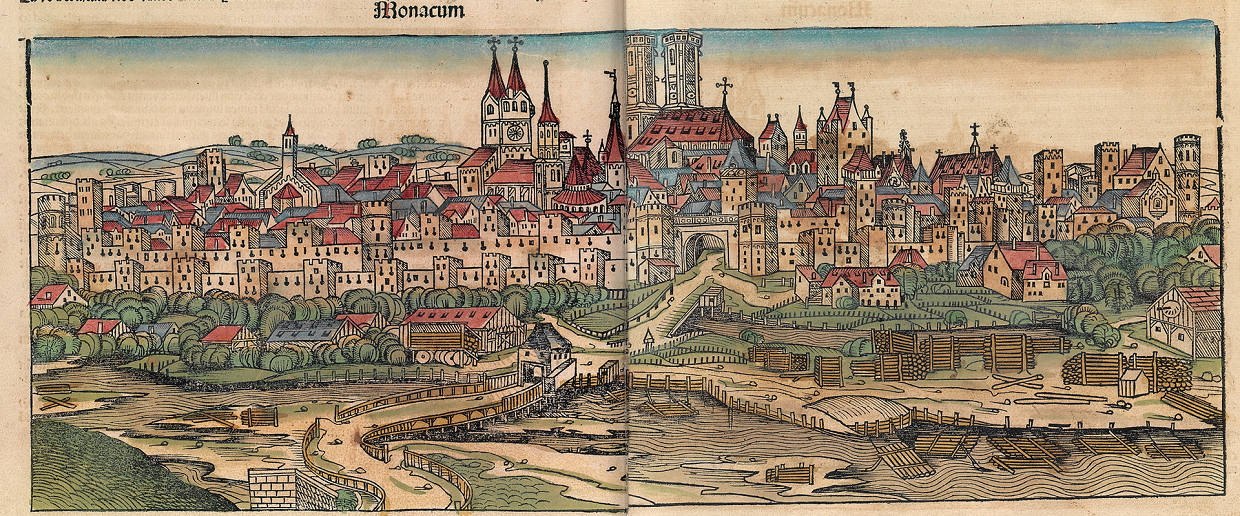
During the 1400’s Munich’s dependence on salt trade gradually decreased while trade with Italy, especially Venice, mainly of wine & textiles, started to take a more important role. Thousands of four-wheeled carts with various trading goods passed through the wall gates every year while a new prosperous cast of merchants started building its mansions in a manner that reflected its newly established affluence. The narrow streets of the city were paved & a series of landmark buildings such as the Altes Rathaus (Old Town Hall) & Frauenkirche (Church of Our Lady) were completed. At the end of the 15th century Munich started to acquire the fame of a city of exceptional beauty with contemporary chroniclers describing it as “the most renowned city in Bavaria” & “first in beauty among German princely cities.” It was also the period when Munich started to acquire the fruits of the first printing press, established in the city in 1482 by Johann Schauer. Five years later the First Purity Law of Brewing is adopted by the whole Duchy of Upper Bavaria. After 1503 the two branches of the Wittelsbach family were united under the Munich-born Duke Albert IV who ruled the reunited duchy from his native city. In order to avoid any future divisions, Albert decreed the everlasting succession by the firstborn prince for both parts of Bavaria in 1506. All younger princes were to be appointed counts by the oldest son. Munich would serve as the duchy’s capital and hence the place where the ruler would live.
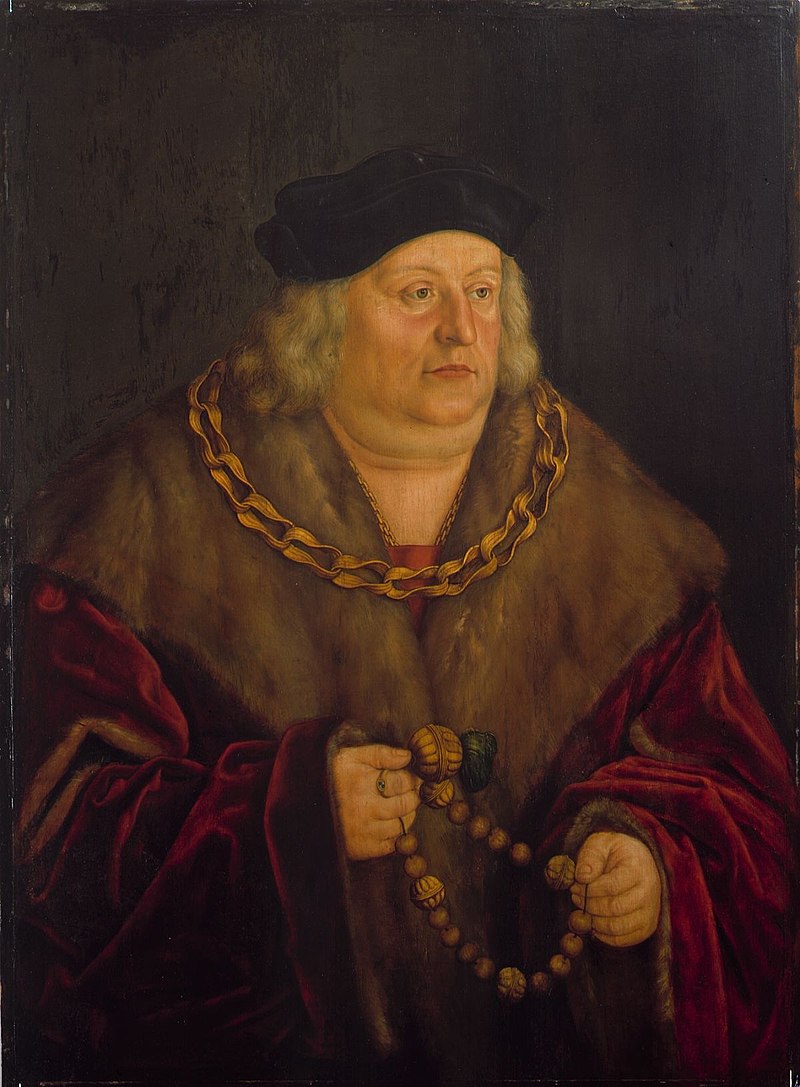
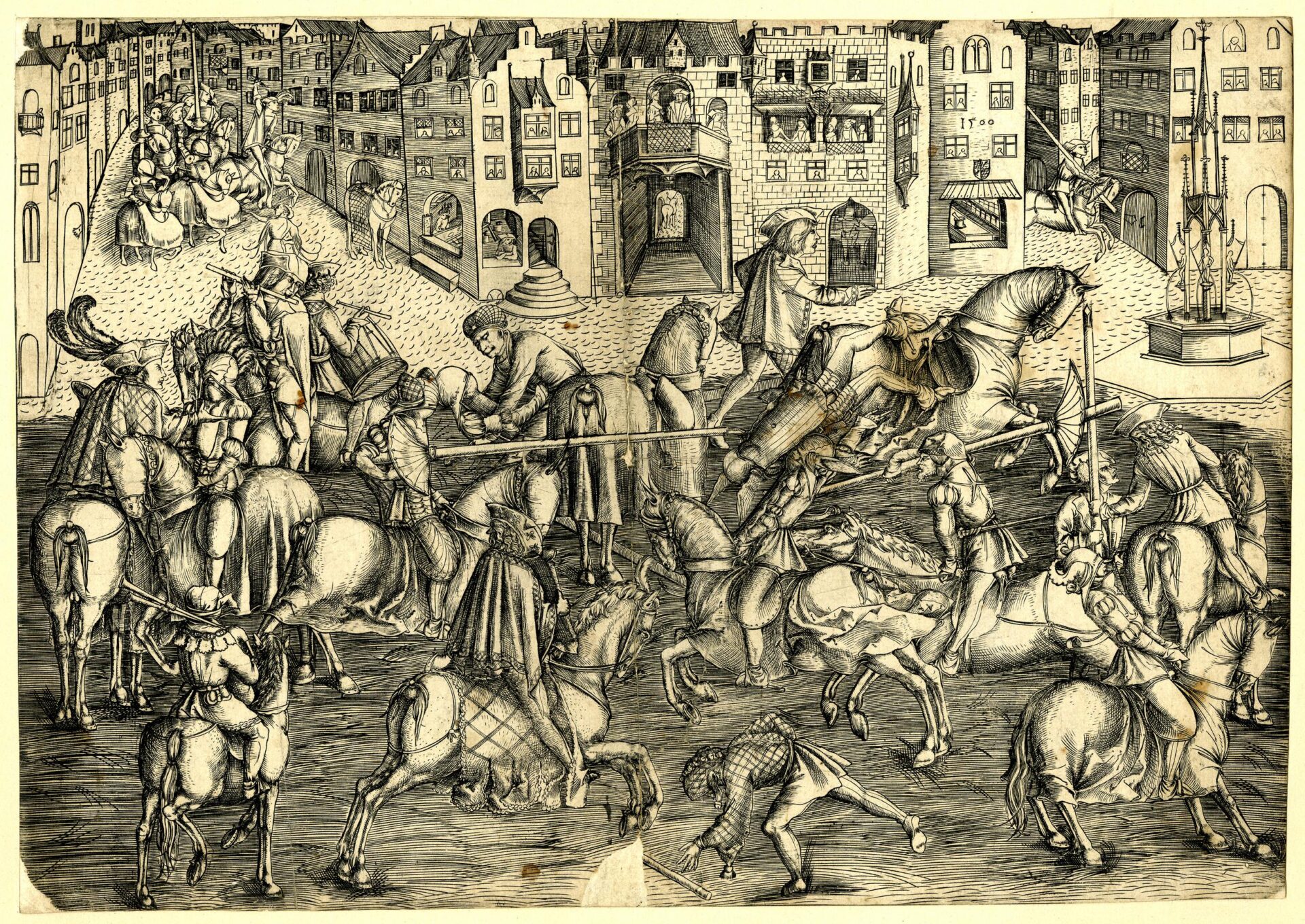
In 1516 the beer purity law applied to all beer brewed in the Duchy of Upper Bavaria since 1487 and the one applied to the rest of Bavaria since 1493 were combined into one single and powerful law that would have issue throughout Bavaria. The law strictly declared the ingredients & forbade the use of various supplements and preservatives. This was the first & oldest law regulating the quality of any consumable product in the world.
